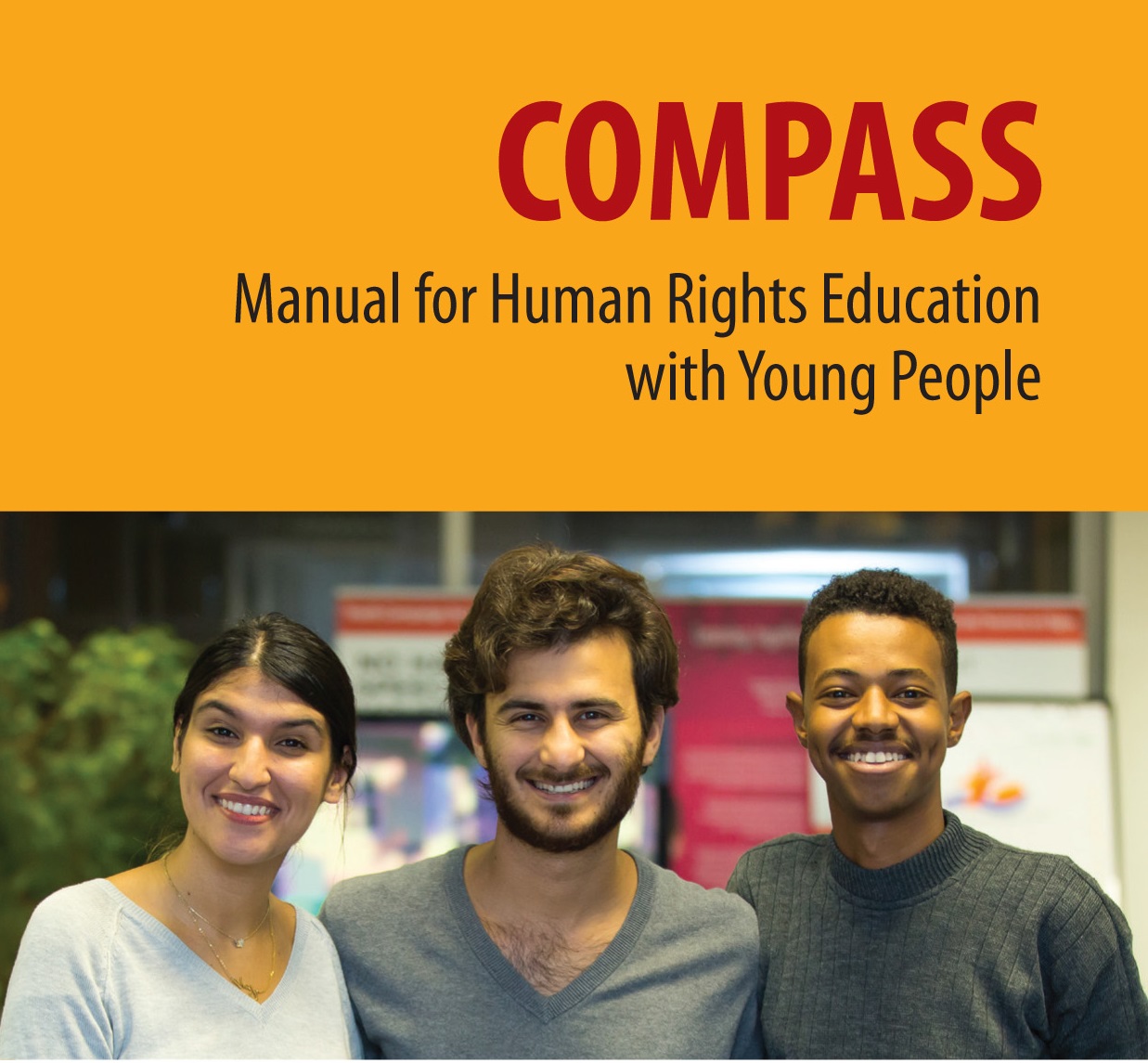European Charter for Regional or Minority Languages
(Summary)
The Charter is designed on the one hand to protect and promote regional and minority languages as a threatened aspect of Europe’s cultural heritage and on the other hand to enable speakers of a regional or minority language to use it in private and public life. It covers regional and minority languages, non-territorial languages and less widely used official languages.
The Charter sets out the main principles and objectives upon which States must base their policies, legislation and practice, and which are regarded as providing the necessary framework for the preservation of the languages concerned.
The eight fundamental principles and objectives are as follows:
- Recognition of regional or minority languages as an expression of cultural wealth.
- Respect for the geographical area of each regional or minority language.
- The need for resolute action to promote such languages.
- The facilitation and/or encouragement of the use of such languages, in speech and writing, in public and private life.
- The provision of appropriate forms and means for the teaching and study of such languages at all appropriate stages.
- The promotion of relevant transnational exchanges.
- The prohibition of all forms of unjustified distinction, exclusion, restriction or preference relating to the use of a regional or minority language and intended to discourage or endanger its maintenance or development.
- The promotion by states of mutual understanding between all the country’s linguistic groups.
Further, the Charter sets out a number of specific measures to promote the use of regional or minority languages in public life. These measures cover the following fields: education, justice, administrative authorities and public services, media, cultural activities and facilities, economic and social activities and transfrontier exchanges.
The charter provides for a monitoring mechanism to evaluate how the Charter is applied in a State Party with a view to, where necessary, making recommendations for improvements in its legislation, policy and practice. The central element of the monitoring mechanism is a Committee of independent experts. This committee:
- examines the state’s periodical report;
- where necessary, addresses a number of questions to the Party on any unclear areas of the report;
- organises an “on-the-spot” visit to the state, to meet authorities, non-governmental organisations or any other competent body in order to evaluate the application of the Charter;
- examines any further information submitted by associations and other bodies legally established in the state concerned and with an interest in the field of languages
- prepares its own evaluation report on the basis of the information obtained, and addresses it to the Committee of Ministers, including proposals for recommendations to be made to states.
Once every two years, the Secretary General of the Council of Europe has to present to the Parliamentary Assembly a detailed report on the application of the Charter. This ensures that the members of Europe’s parliaments are kept informed about the application of the Charter, enabling them to bring political pressure to bear if necessary to encourage national governments to take appropriate measures.
- Chapter 1 - Human Rights Education and Compass: an introduction
- Chapter 2 - Practical Activities and Methods for Human Rights Education
- Chapter 3 - Taking Action for Human Rights
- Chapter 4 - Understanding Human Rights
- Chapter 5 - Background Information on Global Human Rights Themes
- Appendices
- Glossary







